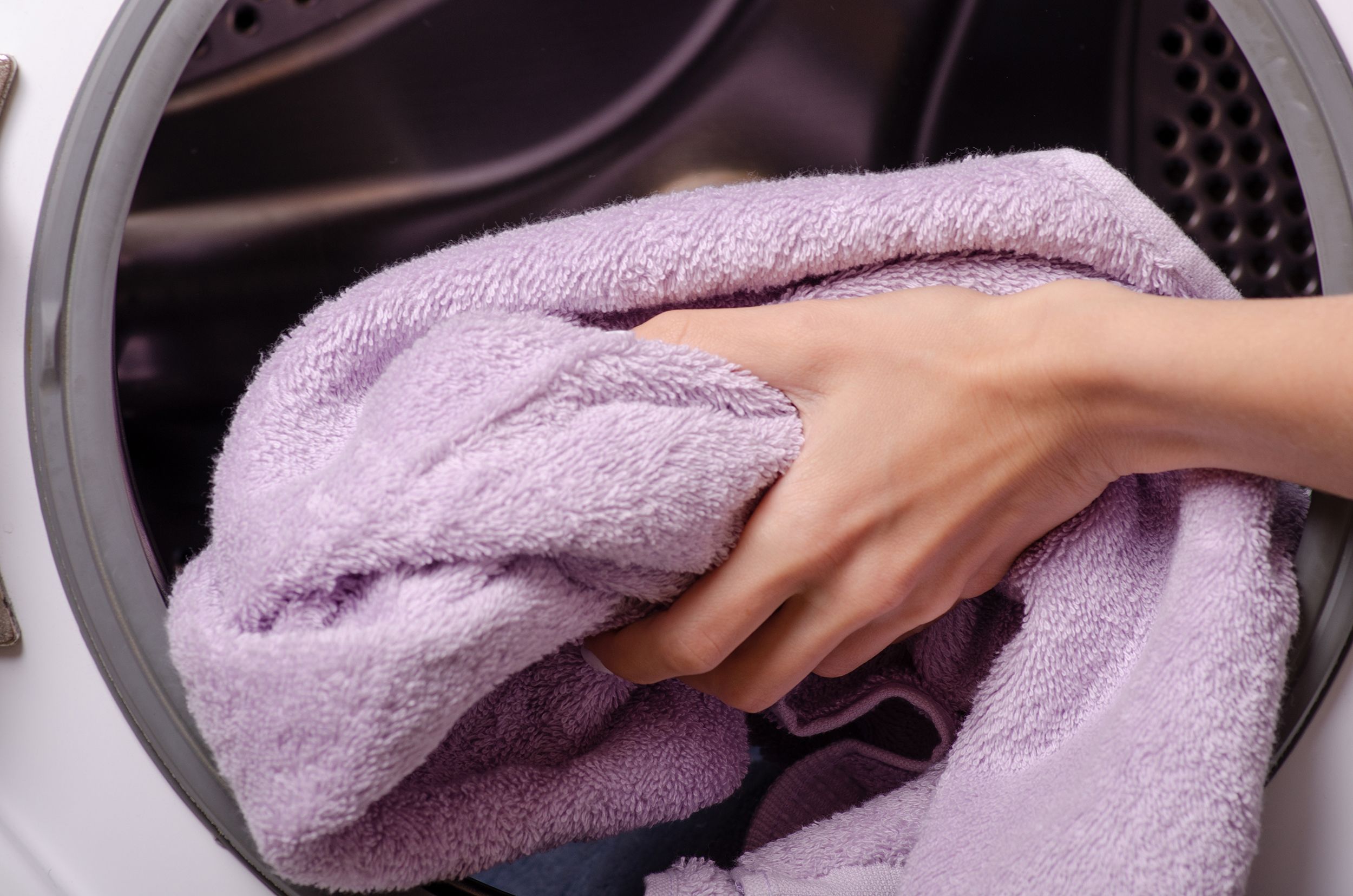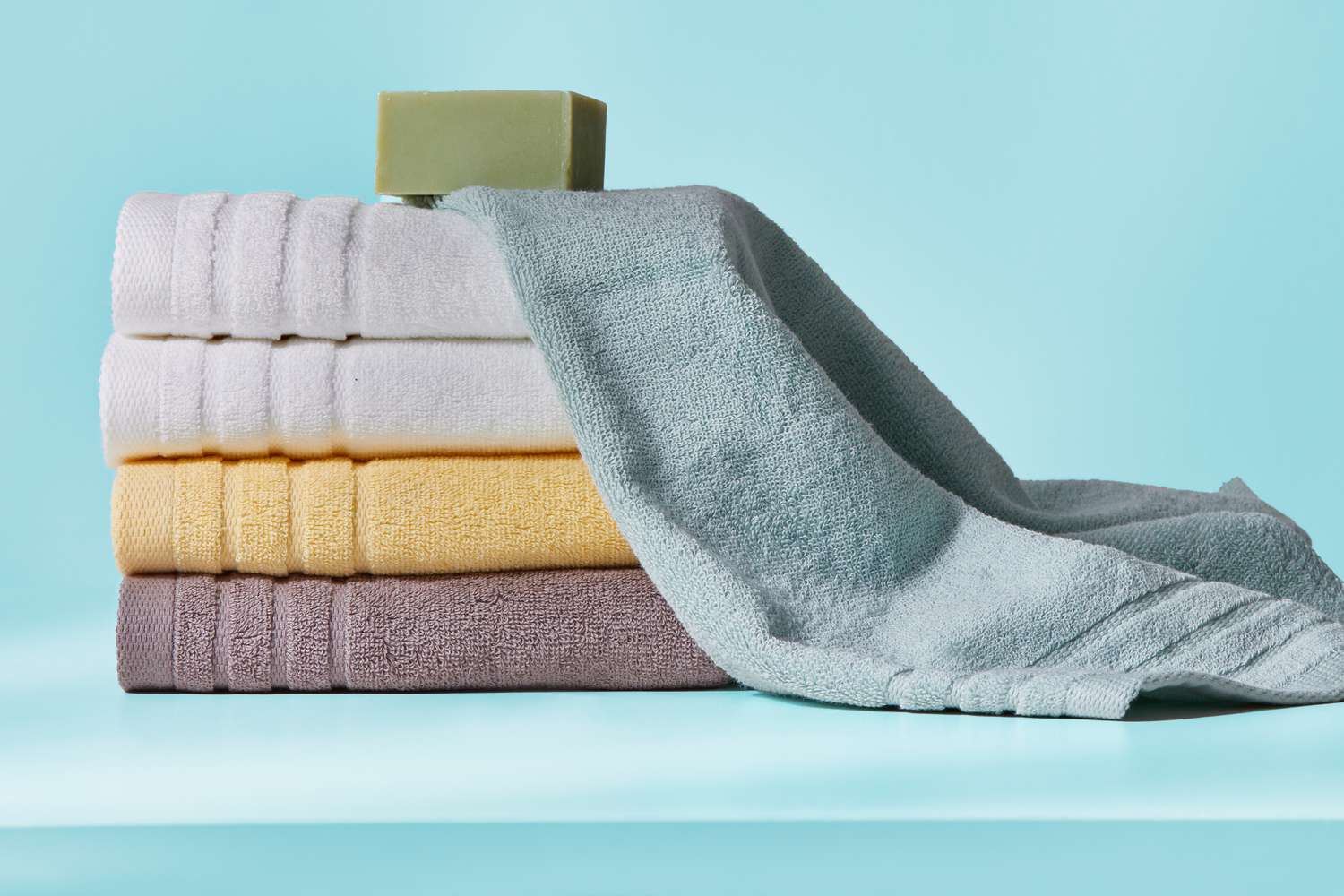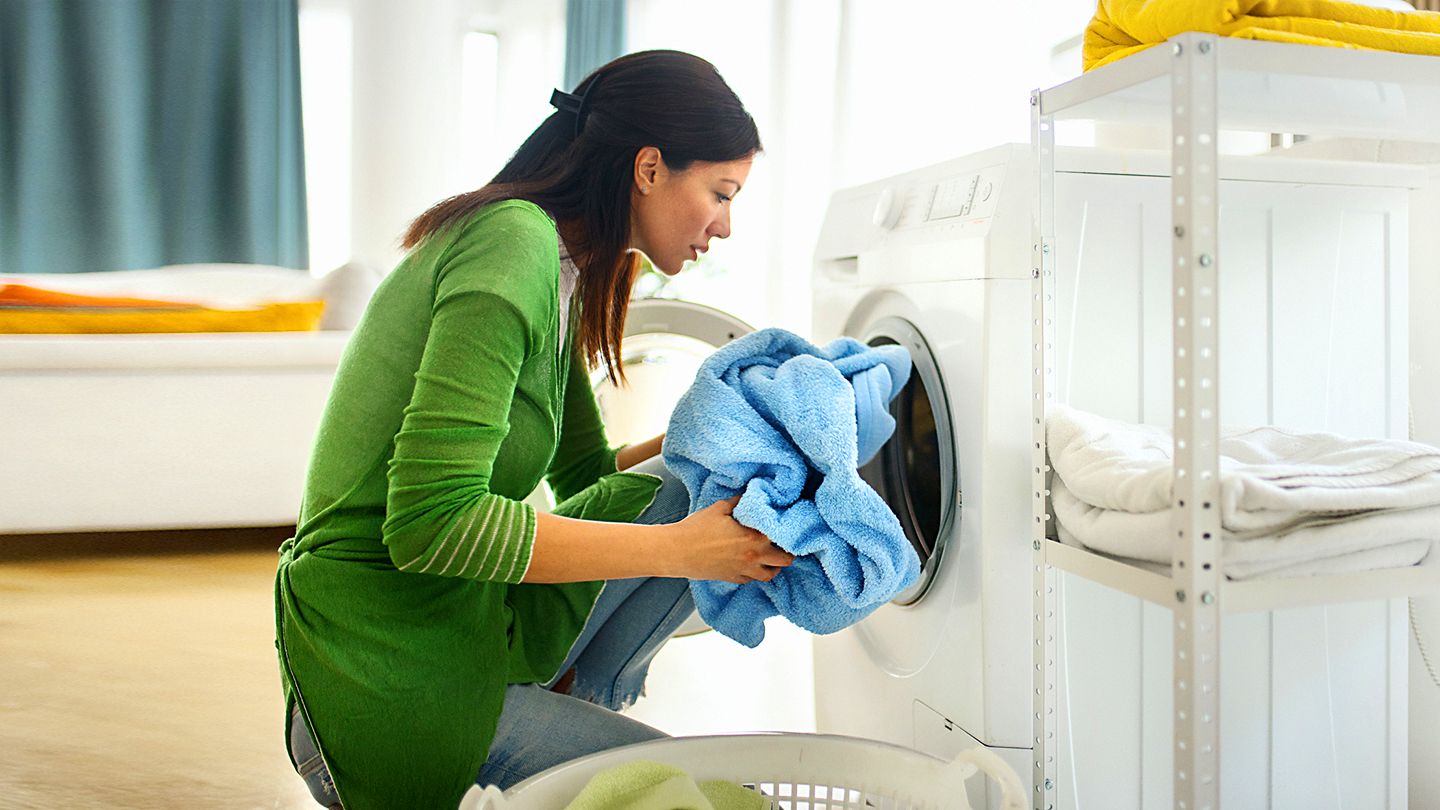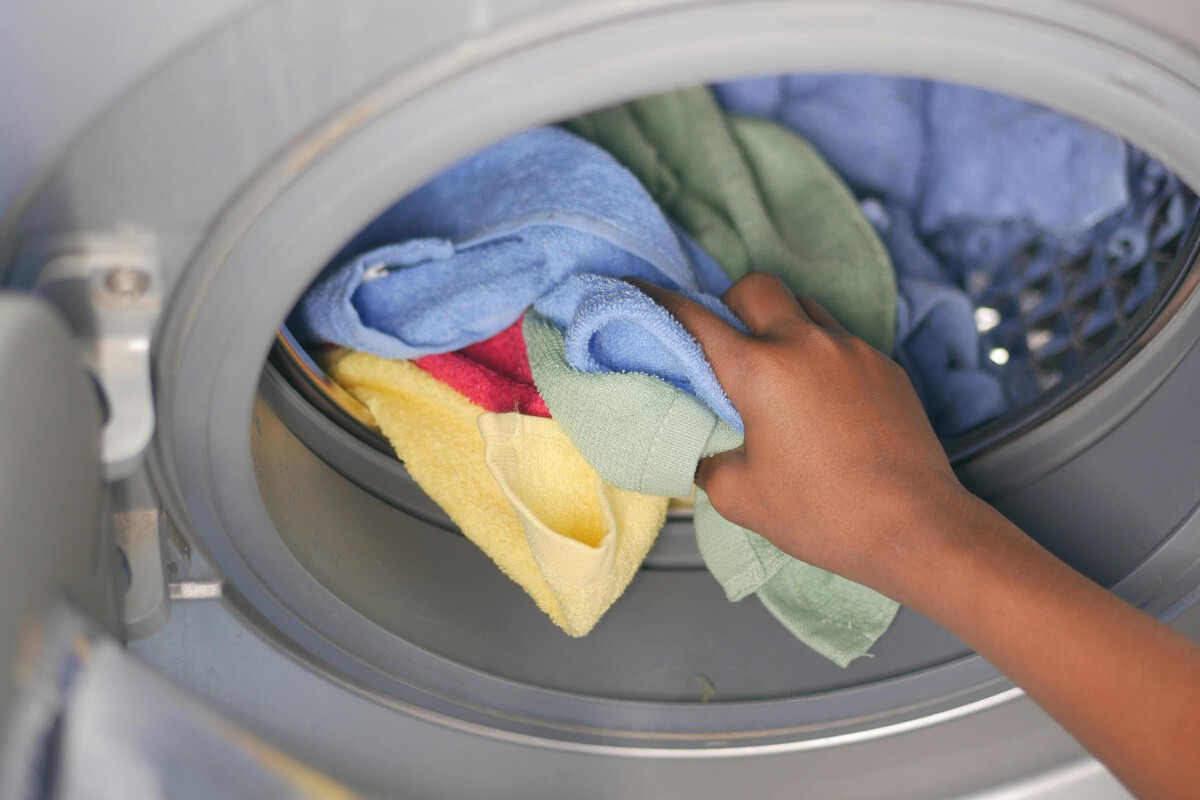Adopting regular washing habits, avoiding sharing them and drying them correctly can make a big difference in preventing disease
There are homes where towels are washed once a month, or even less. Some time ago we told you that there are inherent dangers in letting months or weeks go by without washing this fundamental household item, but today we are going to approach it from a purely scientific perspective. Let’s see what the research says and what frequency they recommend.
The main problem: microbes. Towels are an everyday item that often go unnoticed in terms of hygiene. However, these apparently clean fibers are a breeding ground for millions of microbes. In fact, studies have shown that towels quickly become contaminated with bacteria from our skin, such as Staphylococcus aureus and Escherichia coli, as well as others found in the environment, the water used for washing and/or particles in suspension in the air.

But there’s more. Yes, because as we were saying, in some households towels are washed only once a month or even once a year, which increases the risk of bacterial biofilm accumulation. These not only alter the appearance of the towels, making them opaque, but they can also include pathogens that pose health risks.
By the way, it is not an urban legend, towels near the toilet are exposed to particles of human waste that are released into the air every time it is flushed, a phenomenon known as “fecal aerosolization”.

Risks of transmission. Although our skin is a natural barrier against infections, the prolonged use of wet or shared towels can facilitate the spread of microbes. Some viruses, such as COVID itself, can survive on tissues for up to 24 hours, while others, such as human papillomavirus and monkeypox, have a higher risk of transmission through contact with contaminated towels.
What’s more, even gastrointestinal infections caused by Salmonella and Norovirus can be transmitted through towels, especially kitchen towels.
And what do the experts say about how often they should be washed? To the big question, Elizabeth Scott, a hygiene expert, told the BBC that she recommends washing bath towels at least once a week as a general rule. However, in situations of illness, it is crucial to wash towels daily with hot water (40-60°C) and antimicrobial detergents.

This is particularly important in households with immunocompromised individuals or young children. In addition, adding practices such as drying in the sun and using disinfectants in the wash can significantly reduce the microbial load.
Hygiene as prevention. In the end, towel hygiene is not only a personal matter, but also contributes to public health by preventing the spread of antibiotic-resistant bacteria such as MRSA.
In this regard, Jean-Yves Maillard, professor of microbiology, explained to the British media that domestic hygiene, including towel hygiene, is a form of prevention that reduces the need for subsequent medical treatment. Scott compared it to the “Swiss cheese model”, where each small hygienic practice covers possible failures, reducing the risk of disease transmission.

For all these reasons, and although it may seem a trivial detail, towels are a potential vector for pathogens if they are not kept clean. It is up to you to reduce the chances of infection.







